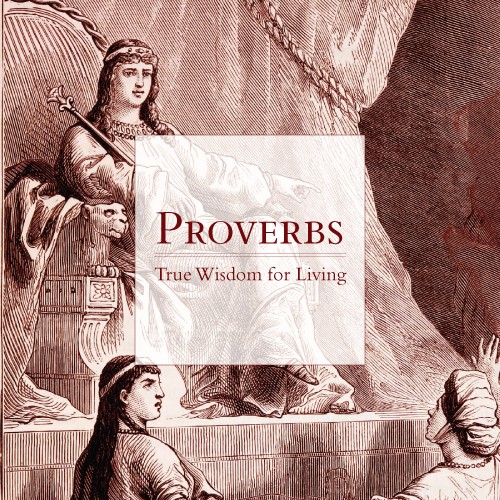
The Centrality of the Gospel
Tim Keller | November 2, 1997
Overview
One of the great things about this passage from Galatians is that Paul is giving us some very meaty, very important theological teaching exposition, but he’s doing it in the form of a narrative because he’s telling us a story of two visits.
There were all these ceremonial rules in the Mosaic covenant in the Old Testament. There was an extremely influential pressure group of early Christians, and this group was saying that in order to be a Christian, you must not only believe in Jesus Christ, you also have to obey all the ceremonial clean laws. Of course, Paul’s point was, “No, you don’t.” If Paul says we have to honor parts of the Bible but we don’t have to honor another part of the Bible, who’s to say? How do we know?




